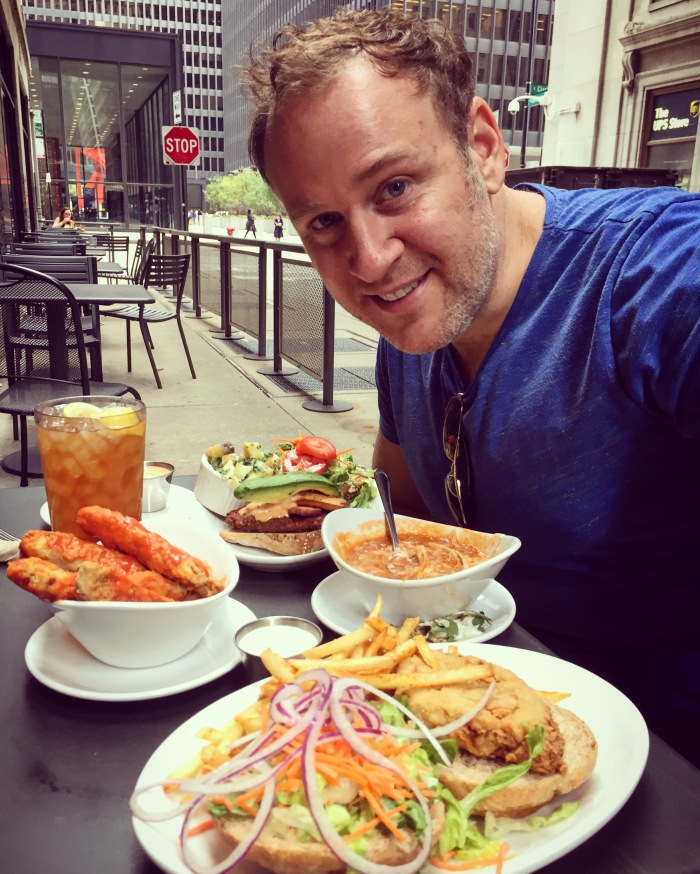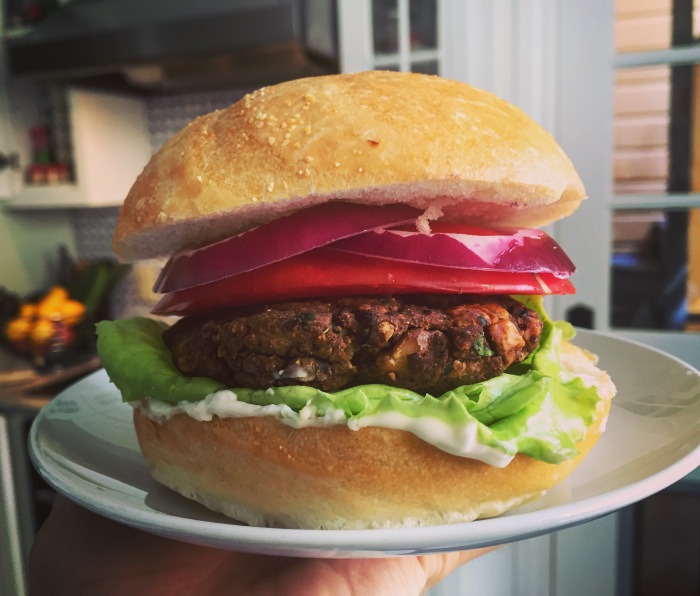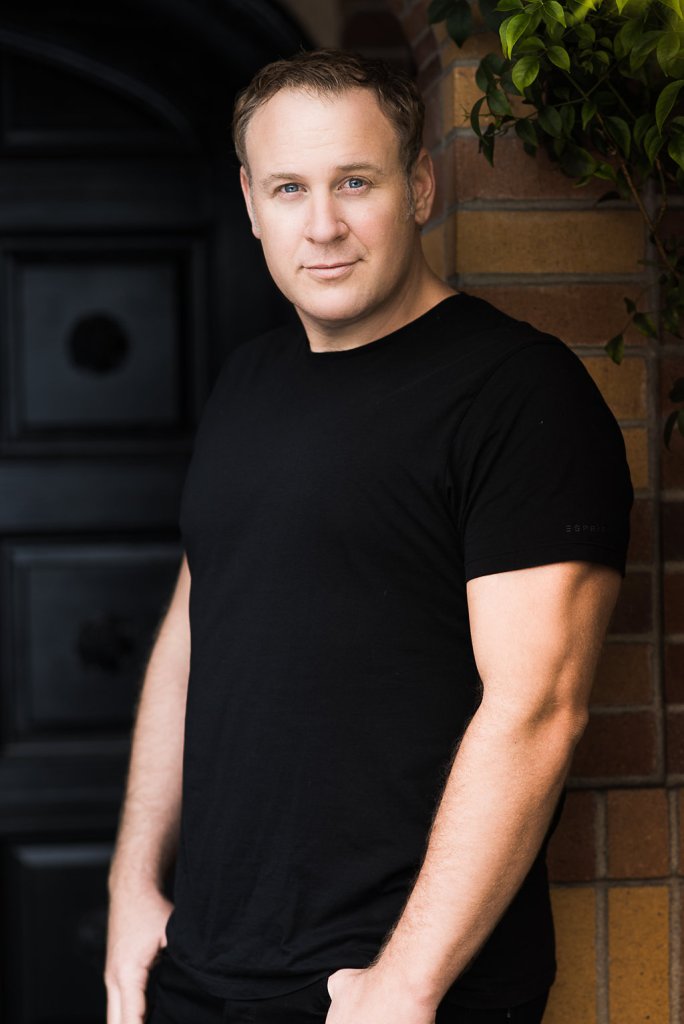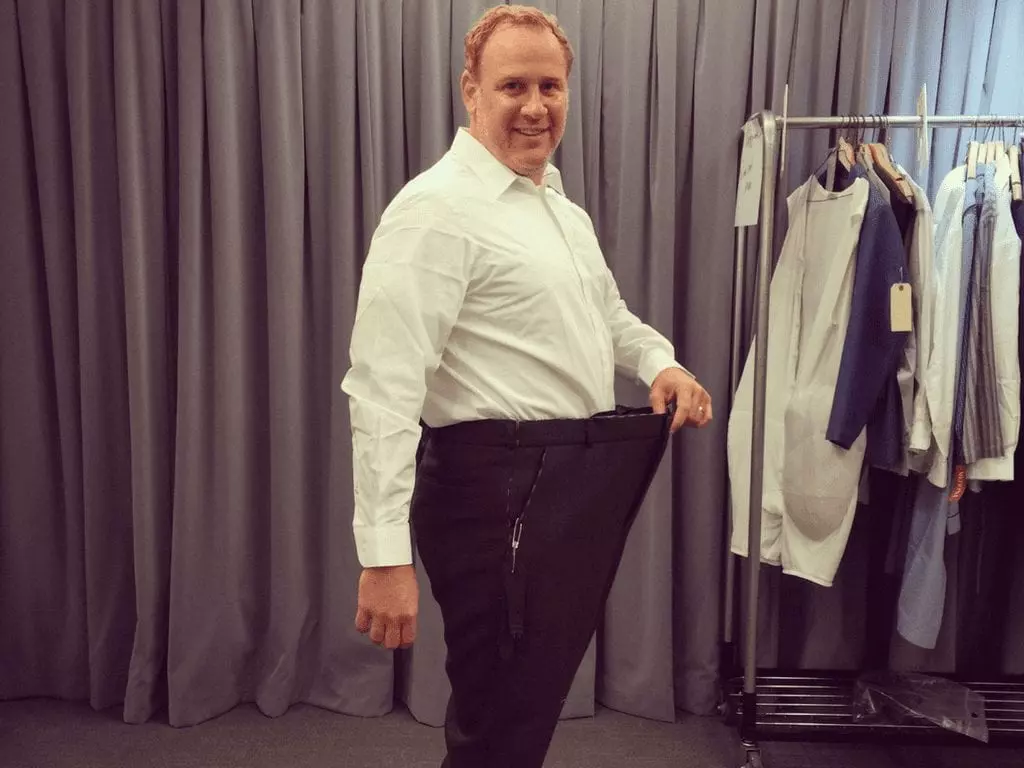
Recently, I was featured on the Barihunks blog, a social media platform for “sexy” operatic baritones, for my weight transformation. I am very proud to say that I have lost 50 pounds since January 4th through a new diet and lifestyle. This was no easy feat and I want to elaborate on this subject. I feel it is salient for young opera singers to know more about my decision to get fit, as well as for the 99% of people outside of the opera world who don’t understand why a fitter singer is a better singer.

Health first.
My decision to lose weight happened when my doctor told me my cholesterol was high and that I should be more aware of my general health as I approach my 40s.
My (at the time) fiancée, Irina, was vegan, and though I have been vegetarian before, I never thought about my dietary choices much and I’ve enjoyed every meal I’ve had. It suddenly hit me that maintaining my health will only get more difficult as I age – I needed to act quickly for my own best interest. Irina showed me a few documentaries on healthy eating such as “Forks Over Knives” and “Vegucated,” and the facts were intriguing.
That being said, I love the taste of meat. So I embarked on my transition to a vegan diet with meat-replacement products that were comparable in taste. These soy-based foods are one-fourth the amount of fat, a third the amount of calories, no cholesterol, and almost the same amount of protein as real meat. When you look at those numbers, it’s impossible to ignore the benefits of these products.
Along with these foods, I center meals with vegetables and go from there. I cut back on sugar while letting myself have one dessert a week and a “cheat” of pizza, or some other melted cheese dish that I missed. I don’t actively seek a cheat, it just happens to fall in my lap at a restaurant or a friend’s house and I judge for myself. As with most things, it’s all about moderation.

Simultaneously, something more than just my diet and weight began to change. My conscience became clearer every time I had a meal, that I wasn’t contributing to an animal’s death or the planet’s slow self-destruction. I had no guilt when it came to food – not the guilt of a death-by-chocolate dessert, nor the guilt of the earth’s or even a single animal’s suffering for my selfish desires. Physically I got more energy, my skin cleared up, and I barely get sick anymore. Best of all, my cholesterol lowered dramatically and my doctor is happy!
Of course, no diet is successful without exercise. I amped up my cardio workouts and alternated with upper-body weight training. My wife and I work out together and it’s so satisfying to have my best friend spend that time with me and support me. It is way more fun with her around.

A Compassionate Lifestyle
Animal abuse, animal agriculture, climate change.
As I said to Barihunks, compassion motivates my diet. Factory farming is an unsustainable model for our world. After scratching the surface of the facts, I just couldn’t ignore the weight of my daily decisions when it came to food. I simply couldn’t eat a steak and turn my face away from the screaming statistics.
- The world’s cattle alone consume a quantity of food equal to the caloric needs of 8.7 billion people – more than the entire human population on Earth. (Source)
- Animal agriculture is responsible for 18% of the total release of greenhouse gases world-wide – more than all the cars, trucks, planes, and ships in the world combined! (Source)
- Nearly half of all the water used in the United States goes to raising animals for food. (Source) It takes more than 2,400 gallons of water to produce 1 pound of meat and only 25 gallons to produce one pound of wheat. (Source)
- By replacing an omnivorous diet with a vegan diet the average person can prevent the emission of about 1.5 tonnes of CO2 into the atmosphere. That’s 50% more CO2 saved than when you switch to driving a Toyota Prius! (Source)
These statistics, and many more, are too upsetting to ignore. In addition to choosing my own health as a priority, I chose to change to a vegan diet to make the environment a priority.

Fitness in the Opera Industry
By definition, the baritone voice is in the middle of the male vocal spectrum. That means that more people are able to do it. On top of that, most of the roles that I am best at at this point in my career are roles (such as Mozart and Rossini) that many young baritones can sing. This means that some companies have the option to hire younger and cheaper singers to sing a role instead of me. I used to be this younger, cheaper singer. Over the years, I have gained a lot of perspective through experiencing both sides of this coin.
It’s an unfortunate reality of the opera industry, but I need to look as good as the younger, less experienced singers while having more experience than them. Talent alone is no longer sufficient. As appearances become more subjective it becomes harder to differentiate between the two. One must fit the mold, and I often justify this to myself by considering the similar plight of actors and actresses in Hollywood.
Opera is art, combining many sensations to create a cohesive and pleasant experience. As we become increasingly reliant on our visual systems, there is a risk that Opera may lose its audience by undervaluing the visceral response to a voice in favor of a pretty face. Talent cannot lack in this art form and we must make our audiences aware of this danger. There is a real danger to the art and the art form itself when looks trump singing ability. I am seeing a gradual move away from this line of thinking, especially in heavier repertoire. However, the pendulum can often move slowly. When you find yourself in a performance, take a second to close your eyes and use your ears to discern the difference between each singer. You may be surprised that your opinion of some of the performers changes based on a different sensory experience.
I am happy with my decisions to lose weight, as it was primarily motivated for myself and my own health. Deciding to play the hunk card in this crazy opera game…? We’ll have to see.

Fantastic post.